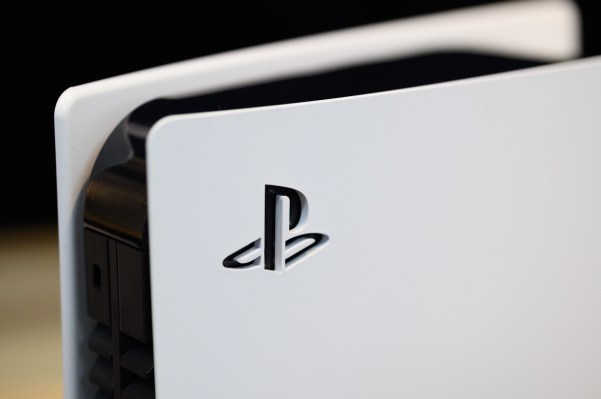Sony has raised the price of PlayStation 5 in most major markets, citing “challenging economic conditions” such as high global inflation rates and adverse currency trends, the latest in a series of challenges engulfing the current generation gaming console.
The new price, which largely varies between $30 to $80, goes immediately into effect in Europe, the UK, China, Australia, Mexico and Canada, the company said in a blog post. The revised price will hit Japan on September 15, said the Japanese conglomerate.
The U.S. is not impacted by the price hike, the company confirmed.
“While this price increase is a necessity given the current global economic environment and its impact on SIE’s business, our top priority continues to be improving the PS5 supply situation so that as many players as possible can experience everything that PS5 offers and what’s still to come,” Sony said in the post.
The new price is as follows:
- Europe
PS5 with Ultra HD Blu-ray disc drive – €549.99 (previously €499)
PS5 Digital Edition – €449.99 (previously €399) - UK
PS5 with Ultra HD Blu-ray disc drive – £479.99 (previously £449)
PS5 Digital Edition – £389.99 (previously £359) - Japan (effective Sept. 15, 2022)
PS5 with Ultra HD Blu-ray disc drive – ¥60,478 yen (previously ¥49,980)
PS5 Digital Edition – ¥49,478 yen (previously ¥39,980) - China
PS5 with Ultra HD Blu-ray disc drive – ¥4,299 yuan
PS5 Digital Edition – ¥3,499 yuan - Australia
PS5 with Ultra HD Blu-ray disc drive – AUD $799.95 (previously AUD $749)
PS5 Digital Edition – AUD $649.95 (previously AUD $599) - Mexico
PS5 with Ultra HD Blu-ray disc drive – MXN $14,999
PS5 Digital Edition – MXN $12,499 - Canada
PS5 with Ultra HD Blu-ray disc drive – CAD $649.99 (previously CAD $629)
PS5 Digital Edition – CAD $519.99 (previously CAD $499)
The price hike comes at a time when several gaming giants including rivals Nintendo and Microsoft have seen a slowdown in sales.
“Given the facts that the PS5 has been severely supply constrained since launch, with many consumers unable to buy Sony’s latest console, and the fact that Microsoft has shown no indication yet of increasing its Xbox Series pricing, there is no doubt that this price increase will have been a hard decision to make,” wrote Ampere Analysis analyst Piers Harding-Rolls on the price hike.
“However, with inflation and price increases being felt through the component supply chain, much of that priced in US dollars, alongside continued high costs in distribution, Sony has now had to pass on some of those cost increases to try and maintain its hardware profitability targets. It follows price increase across the consumer electronics sector including Meta’s Oculus Quest 2, which saw $100 increase in early August.”
Microsoft and Nintendo have not raised the prices of their respective gaming consoles — and if they can maintain their stand, their consoles stand to benefit from Sony’s move.
Nintendo president Shuntaro Furukawa told Nikkei earlier this month that the company doesn’t have any immediate plans to raise Switch’s price.
“We’re not considering [a price increase] at this point, for two reasons,” Furukawa said. “In order to offer unique entertainment to a wide range of customers, we want to avoid pricing people out. Our competition is the variety of entertainment in the world, and we always think about pricing in terms of the value of the fun we offer. Our products also include software. Nintendo has sold more than 100 million Switch units so far, and it’s important to maintain the momentum of our overall business. Generally speaking, a weak yen makes domestic Switch sales less profitable.”
